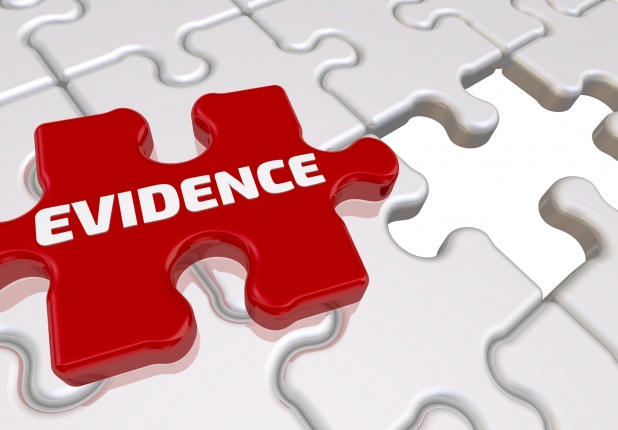Blurred Lines: Personal Devices, Proportionality, and Piercing the Work Product Privilege
In a fairly short opinion and order, the district court in Weston v. DocuSign, Inc. analyzed whether the parties were entitled to the production of text messages from former employees’ personal devices and potential piercing of the attorney work product privilege. The issues in this opinion are not necessarily novel but illustrate significant concerns for litigants.
In a world where the lines between our personal and private lives are increasingly blurry, the possibility of discovery on personal devices should come as a surprise to no one, and it is, of course, a litigation disaster to have the work product privilege protections pierced and to be ordered to turn over attorney notes, witness lists, and witness communications on the very subject of the litigation. So, what is the take-away for litigation counsel with respect to protecting the work product privilege?






